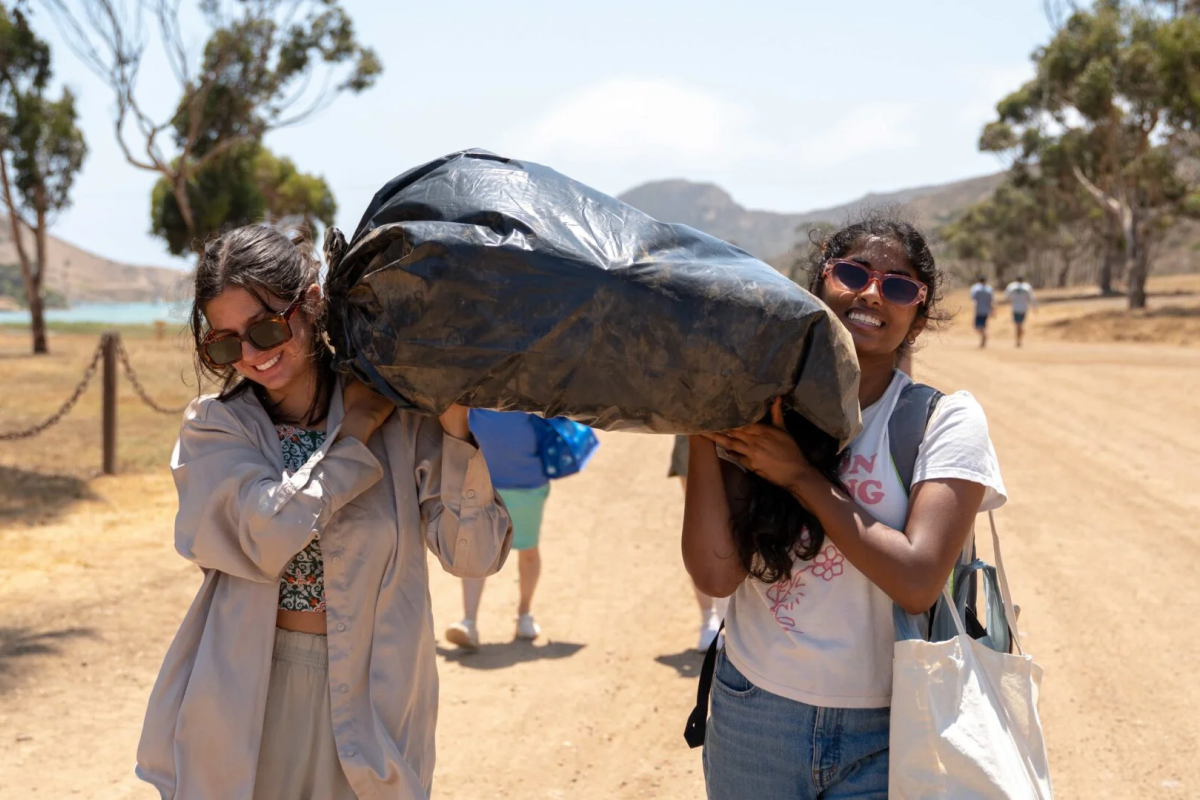The University of Southern California (USC) Sea Grant Program was awarded nearly $2 million from the National Oceanic and Atmospheric Administration (NOAA) to develop a disruptive and sustainable method for upcycling ocean-bound plastic waste across Southern California waterways, and to investigate the psychology behind eco-conscious choices.
The multi-disciplinary project team, which will be co-led by the USC Wrigley Institute for Environment and Sustainability (WIES), will collect local marine microplastics and other plastic trash, and leverage a new hybrid chemical/biological approach to recapture the carbon and energy embedded in these waste materials. Using this novel process, the materials will be converted into high-value molecules and biomaterials to produce dyes for eco-friendly fashion and enzymes for sustainable laundry detergents.
This part of the project will be spearheaded by Clay C.C. Wang, chair and professor of pharmacology and pharmaceutical sciences at the USC Mann School of Pharmacy and Pharmaceutical Science; Travis J. Williams, professor of chemistry at the USC Dornsife College of Letters, Arts, and Sciences; and Richard W. Roberts, professor of chemical engineering and materials science at the USC Viterbi School of Engineering.
“We’re harnessing the power of nature to convert trash accumulating in our world’s oceans, such as microplastics and fishing lines, into useful products,” Wang says. “We aim to develop sustainable, scalable methods. This technology can initially be translated to commercial partners on a pilot scale, and later scaled up for commercial-level production.”
USC Sea Grant receives nearly $2 million from NOAA for novel technology to turn marine debris into laundry detergent and sustainable dyes for the fashion industry
